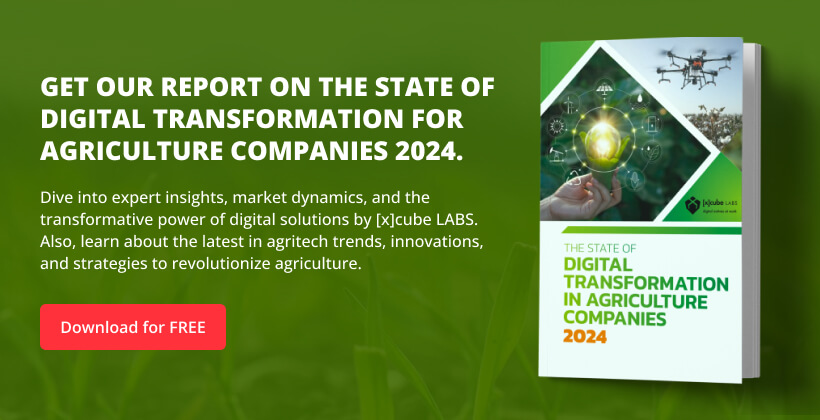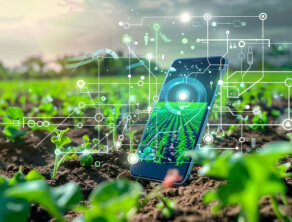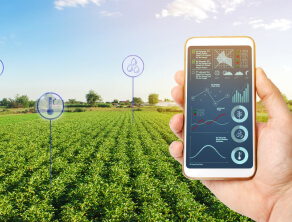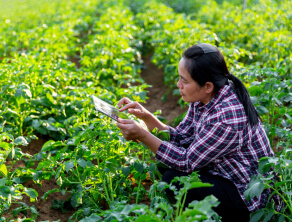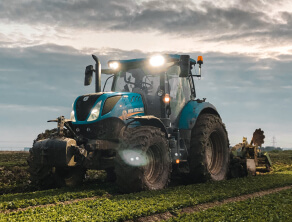Revolutionizing Agriculture: A Look into Intelligent Automation and Farm Automation.
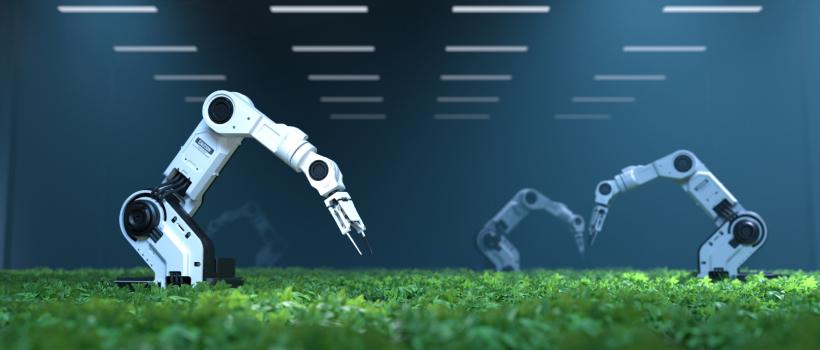
Introduction
In an era where technology has become deeply intertwined with all aspects of life, agriculture is no exception. Today, the advent of Intelligent Automation (IA) and farm automation is transforming age-old farming practices into a highly efficient, profitable, and sustainable sector. In this article, we’ll explore the impact of farm automation and agriculture automation on the contemporary farming landscape.
The Evolution of Farm Automation
Farm automation, a systematic and automated approach to farming, involves using advanced technologies like robotics, AI, IoT, and machine learning to manage agricultural operations. Over time, farm automation has evolved from simple mechanization to the integration of highly sophisticated systems, significantly increasing farming efficiency and productivity.
Agriculture automation involves automated equipment, tools, and technologies designed to carry out farming tasks with minimal human intervention. The benefits are numerous, including increased productivity, cost-effectiveness, sustainability, and a reduction in the use of harmful chemicals and pesticides.
The Role of Intelligent Automation in Agriculture
Intelligent automation (IA), the combination of artificial intelligence and automation, is revolutionizing the farming sector. This technology enables machines to observe, learn, and act, bringing a new level of intelligence to automation in the farming industry.
With IA, farming tasks such as planting, irrigation, fertilizing, and harvesting can be accurately performed on time and without human intervention. IA integrates AI and machine learning algorithms to analyze data, make decisions, and learn from experiences, thus optimizing operations and yielding better results.
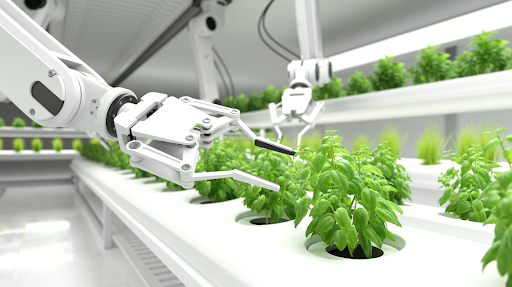
Impact of Agriculture Automation and Farm Automation
One of the major impacts of farm automation is increased efficiency and productivity. Automated systems can work 24/7 without fatigue, resulting in a higher yield. They also ensure precision and consistency, reducing waste and maximizing output.
Agriculture automation also plays a significant role in reducing labor costs and addressing labor shortages. It makes farming less labor-intensive and more manageable, thus attracting the younger generation to the farming industry.
Moreover, farm automation fosters sustainability. It promotes precision farming, which involves the precise application of resources like water, fertilizer, and pesticides. This not only conserves resources but also minimizes environmental impact.
The Future of Agriculture Automation and Farm Automation
The future of farm automation and agriculture automation is brimming with potential. As technology continues to evolve, we can expect to see more advanced forms of automation, such as self-driving tractors and drones for crop monitoring.
AI and machine learning will continue to play a significant role in farm automation, offering predictive analytics to forecast weather conditions, pest infestations, and crop diseases. This will allow farmers to take preventive measures, ensuring healthy crop growth and improved yields.
Blockchain technology could also be integrated with agriculture automation to create transparent and secure supply chains, thereby enhancing traceability and building trust among consumers.
Conclusion
Intelligent automation and farm automation mark a significant shift in the agriculture industry. As technology continues to evolve, these forms of automation are becoming more accessible and prevalent. By harnessing the power of technology, we can revolutionize farming practices, making them more efficient, sustainable, and resilient to the challenges of the future.
![Blog-[x]cube LABS](https://d6fiz9tmzg8gn.cloudfront.net/wp-content/uploads/2016/06/blog_banner.jpg)
